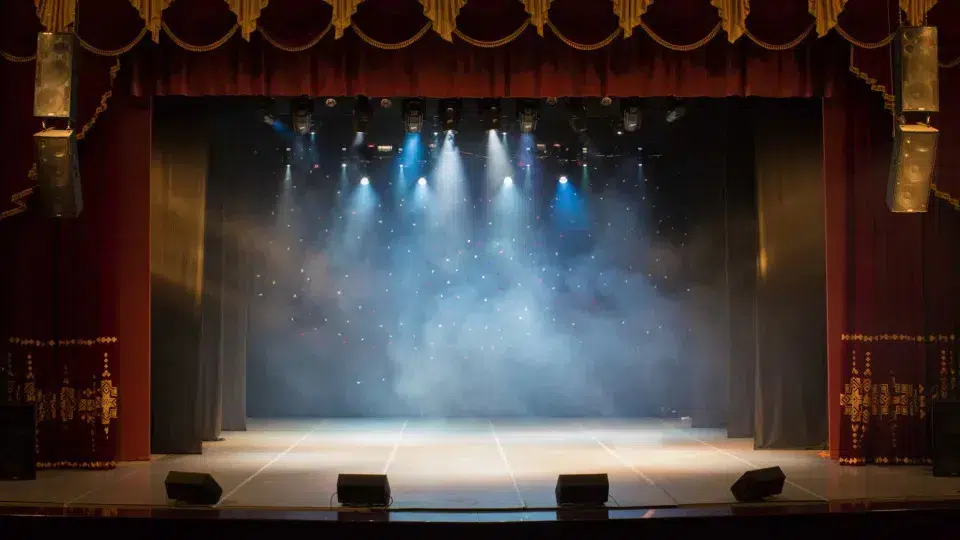
If service standards are not met and electricity outages exceed the defined maximum duration or number, consumers are entitled to automatic compensation, according to DECO PROTeste.
“Technical faults, maintenance operations on the power grid, or overload in specific network points can cause interruptions in electricity supply. However, if power failures or their duration exceed service quality standards, electricity grid operators may need to compensate consumers,” explains the consumer advocacy organization.
However, “situations like a blackout, such as the one that occurred in Portugal and Spain in April 2025, leaving both countries without electricity, may be considered a fortuitous incident of great impact or an exceptional event. This means that there is no entitlement to compensation as there was nothing the power distributors could have done to prevent the power outage.”
What are service quality zones?
According to DECO PROTeste, “service quality zones are areas where electricity distribution network operators must ensure certain service quality standards,” which “vary according to a specific geographic area and its number of customers.”
In Portugal, there are three service quality zones:
- Zone A: district capitals and localities with more than 25,000 customers;
- Zone B: localities with a number of customers between 2,500 and 25,000;
- Zone C: all other areas.
“Depending on the zone where the residence is located, distribution network operators must ensure that the number of electricity service interruptions does not exceed a certain duration or number per year. If power failures exceed the maximum level in each zone, the distributor must pay compensation to the customer the following year,” notes the consumer advocacy organization.
The consumer rights organization also notes that the “customer’s electricity bill must indicate the service quality zone they belong to“.
Consumer compensation process is automatic
Another point to note is that the consumer compensation process is automatic, meaning “you do not need, for instance, to file a complaint to be compensated” by operators for potential power failures exceeding the defined maximum in your zone.
However, there are cases where compensation is not automatic, and the consumer must submit a formal compensation request. DECO PROTeste outlines when this applies:
- damage to electrical appliances (for example, appliances damaged due to power surges or sudden outages);
- deterioration of food caused by long fridge or freezer outages;
- damages in other home installations directly related to the power supply interruption.
Is there a deadline?
The consumer advocacy organization clarifies that “compensations are automatically calculated by ERSE” and “if there is any amount to be credited due to a drop in the service quality level in a particular year, this will be reflected in a bill from your provider in the first half of the following year“.




